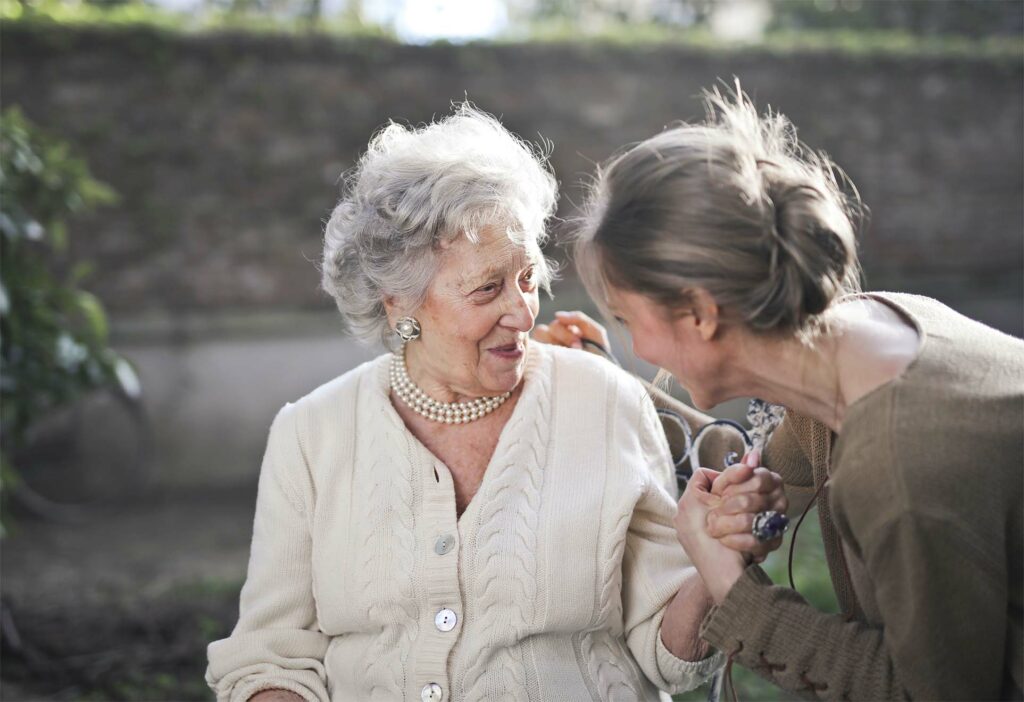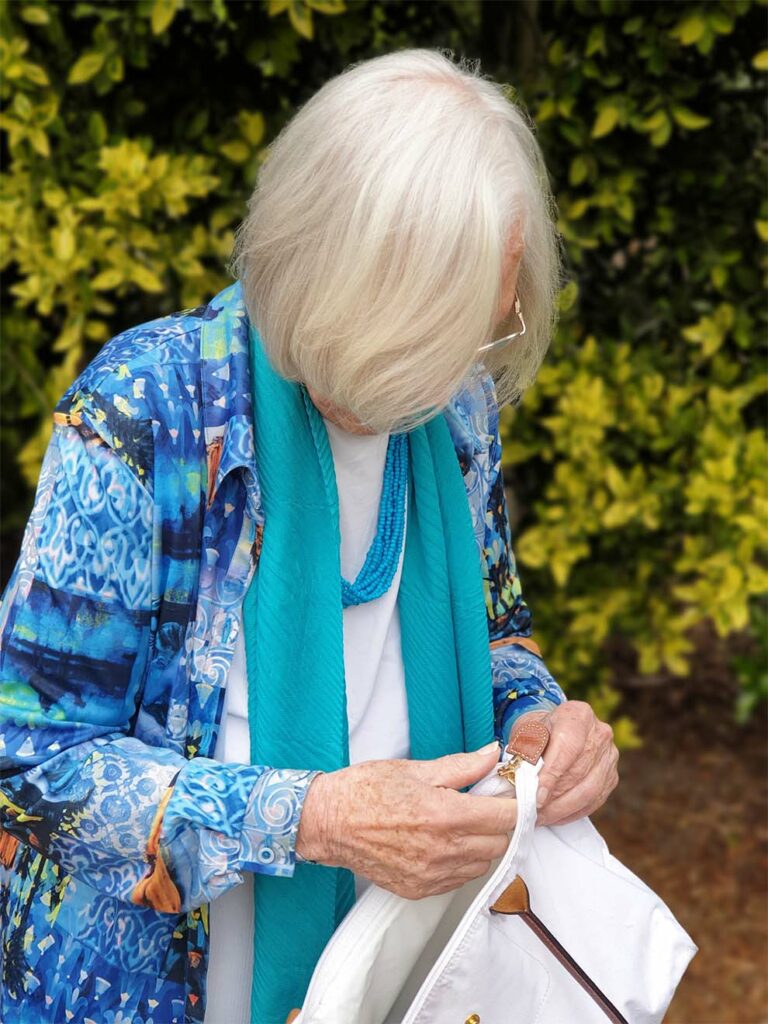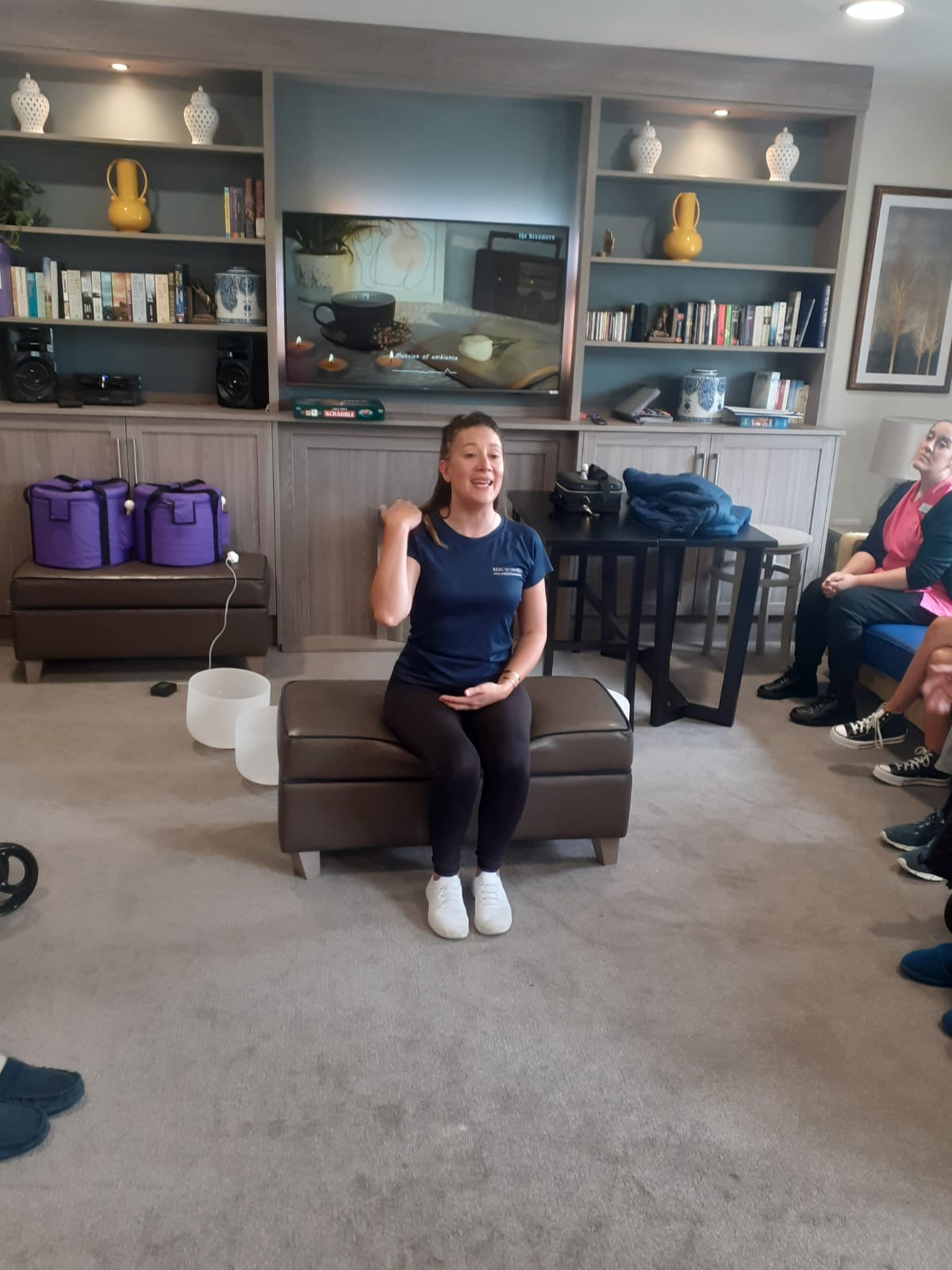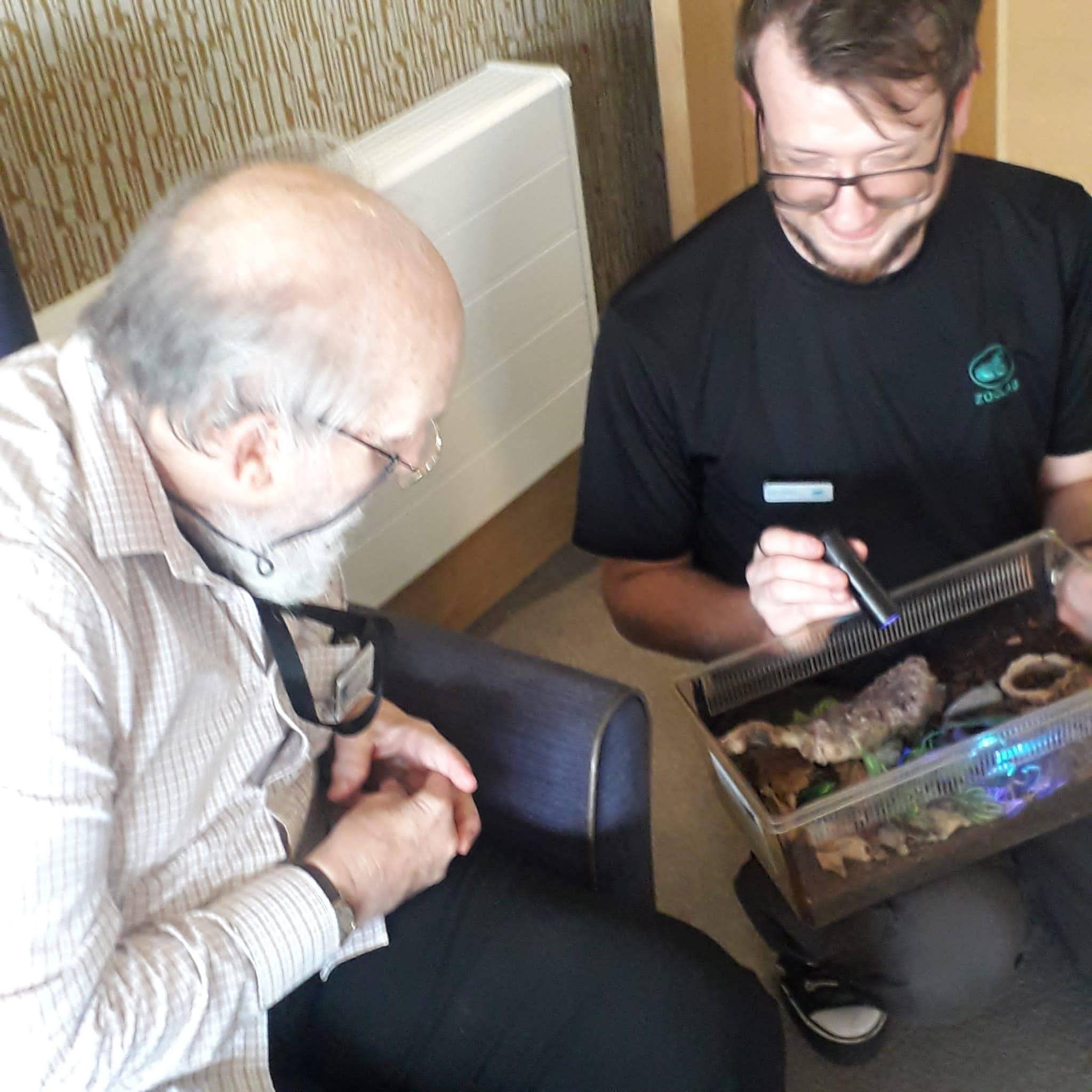How To Get an Elderly Person into a Care Home

Caring for an elderly family member is a noble and sometimes challenging responsibility. Around 20% of men and 30% of women aged 65 and over need help with at least one activity of daily living, making it difficult for those to manage in their own homes. In this case, a care home can be a good option to provide someone with the support they need on a daily basis.
The UK offers a variety of care home options to choose from. These range from specialised care homes focusing on specific needs to those providing a wide range of services, including residential care, dementia care, nursing care, respite care and palliative care. Here, we offer some guidance on how you can facilitate the transition more smoothly.
1. Initiate the Conversation Early
Initiating a conversation with the individual requiring care about the potential move to a care home in the future is crucial. Starting this conversation early allows them adequate time to get used to the idea. Highlighting the advantages of a care home, including enhanced professional care, a secure homely environment, and opportunities for social interaction while maintaining independence, can help encourage them that it's the appropriate step forward, alleviating any apprehensions.
When dealing with someone who may not have full mental capacity, like an elderly individual with dementia, having power of attorney allows you to make decisions on their behalf, provided you believe it's in their best interest. In situations involving multiple family members with power of attorney for the same relative, it's important to ensure that all parties are in agreement and actively participate in the decision-making process.
2. Engage the Person in the Decision-Making Process
It's important to include the person in the decision-making process, as it can empower them and reduce anxiety. Arrange visits to care homes, giving them a firsthand look at their potential new living environment. Encourage them to ask questions and express any concerns, provided they have the mental capacity to do so.
The goal is to ensure that they understand how this transition can ultimately enhance their quality of life, enabling them to continue enjoying the activities they love while reducing stress and anxiety related to daily tasks and household management.

3. Evaluate the Individual's Requirements
Before you decide on a care home, it's essential to evaluate the individual's requirements to understand precisely what kind of care they need. This assessment could be prompted by observing signs that they require more assistance with daily tasks or reaching a point where they can no longer sufficiently care for themselves. It helps identify the appropriate level of care and the suitable type of care home.
Consider factors like their physical and mental health, mobility, and any existing medical conditions. In some cases, consulting with a team of healthcare experts to conduct a care needs assessment may be necessary to determine their specific care needs, which can range from residential care and dementia care to nursing care and respite care, depending on their individual circumstances.
4. Research Care Homes
It's important to do thorough research on care homes in your desired location before making a decision. Look for care homes that specialise in the type of care that is required, and check the care home's latest inspection report which will give you more of an idea of whether it's a good care home. Read online reviews and speak to people who have had experience with the care home you are interested in to get a better understanding of their quality of care the lifestyle they offer and whether it meets your expectations.
5. Prepare for the Move
Transitioning to a care home can be an emotional experience, making it vital to prepare for the move ahead of time. This preparation involves packing their personal items, coordinating transportation, and ensuring that their new room in the care home is arranged according to their preferences, creating a sense of familiarity and comfort.
Typically, when someone enters a care home, a staff member will assist them in acclimating to their new environment during the initial weeks of their stay.
6. Consider Care Home Fees
The cost of a care home can be quite costly, especially if they fall under the luxury category. Therefore, it's crucial to carefully consider the expenses and plan accordingly. To determine if financial support is available, you can assess eligibility through the local council or explore NHS continuing healthcare for nursing requirements via a financial evaluation if self-funding isn't feasible.
Some individuals may opt for a top-up fee arrangement, where funding from the local authority is supplemented by contributions from a family member to cover the total cost. Gaining a clear understanding of the care home's payment structure and potential extra charges is essential, and this information can be obtained by reaching out directly to the care home.
7. Consult with Experts
Arranging for someone to enter a care home can be a complex and overwhelming task, so don't hesitate to seek professional help when needed. You can consult with a social worker, talk to experienced care home staff, or explore online resources, all of which offer free guidance and can address any questions or concerns you may have.
Moving a loved one into a care home is a challenging and emotional process, but with careful planning and consideration, it can ultimately improve their quality of life.

Outstanding Care at Lark View Care Home
Lark View Care Home provides outstanding residential care, nursing care, dementia care, respite care, and palliative care services on an around-the-clock basis. Located in the historic city of Canterbury, Kent, Lark View Care Home offers stunning views with a landscaped garden and a wide range of facilities and amenities for older people.
Our team at Lark View Care Home consists of skilled and passionate professionals, who deliver personalised care, aiming to address the individual requirements of each resident. We consistently oversee our residents' health and care necessities to guarantee a smooth and uninterrupted care experience during their stay, offering reassurance to both residents and their family members.
Our all-inclusive care home offers a wide range of facilities including an activities programme, landscaped garden, library lounge, hair salon, and cinema. Our activities coordinators work closely with our residents to ensure all of our activities are tailored to the unique needs and requirements of our residents while also ensuring that everyone can participate and enjoy them to the fullest.



Contact our Friendly Team
Understanding when to get an elderly person into a care home can be challenging. The Lark View Care Home team are available to address any questions you may have, providing reassurance. To reach us, please call 01227 932777 or send an email to info@larkviewcare.co.uk, and one of our friendly team members will be delighted to contact you back.






